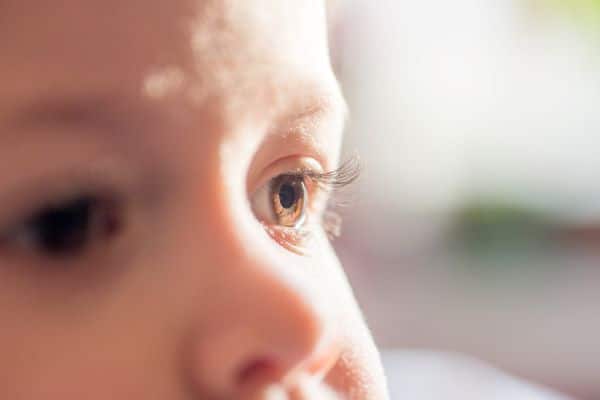- Home
- Product
- Patient
- Order Online
- Prescription Quote
- Collect at your Pharmacy
- Find a Pharmacy
- Find a Integrative Doctor
- Track my Medicine
- What is a Compounding Pharmacy?
- Child Friendly Medication
- Vet & Animal Compounding
- Easy to Swallow Pills
- Motion & Seasickness
- Medication without the Additives
- Unavailable Medications
- Schedule 8 Shipping Waiver
- Pharmacists
- Prescribers
- Shop
- FAQs
- About
- Careers
- Contact Us
- Home
- Product
- Patient
- Order Online
- Prescription Quote
- Collect at your Pharmacy
- Find a Pharmacy
- Find a Integrative Doctor
- Track my Medicine
- What is a Compounding Pharmacy?
- Child Friendly Medication
- Vet & Animal Compounding
- Easy to Swallow Pills
- Motion & Seasickness
- Medication without the Additives
- Unavailable Medications
- Schedule 8 Shipping Waiver
- Pharmacists
- Prescribers
- Shop
- FAQs
- About
- Careers
- Contact Us
How Low-Dose Atropine Slows Myoptic Progression in Children

Slowing the progression of ‘garden variety’ myopia in children is increasingly being seen as one of the ways ophthalmologists can help prevent myopia from possibly progressing to a pathological condition in later life. And low-dose atropine is fast cementing its position as the leading treatment in this area.
It’s known that people with high myopia are at greater risk of developing serious eye diseases such as chloroidal neo vacularization, glaucoma and retinal detachment; in consideration of this, slowing the progression of myopia in its early stages is fast emerging as an area of considerable research.
In a series of studies conducted by the Singapore National Eye Center, scientists found that treating myopia with atropine 0.01% was effective in controlling myopia progression – just as effective as higher doses (up to 0.5%) – and resulted in minimal side effects. The studies also found that atropine 0.01% had a negligible effect on accommodation and pupil size, and no effect on near visual acuity. In addition, while allergic conjunctivitis and dermatitis were observed in some patients receiving higher doses, no side effects of this kind were noted in patient’s receiving low doses (0.01%).
Dr K. David Epley, Director of the American Board of Ophthalmology, speaking to Nicola Parry for an article published in EyeNet, described the studies’ findings as a ‘breakthrough’ in children’s ophthalmology.
“Prior to this, we had no straight-forward option to offer families of children who were becoming increasingly myopic. Now we have an effective treatment that has few side effects and works for most children,” Dr Epley said.
Dr Epley recommends low-dose atropine for children from 5-15 years and particularly in cases where the patient has “…more than -1.0 D of myopia or who is increasing more than 1.0 D in a year.”
At home treatment involves administering 1 drop of 0.01% atropine to each eye of the patient, daily.
As low dose atropine is not approved for use in the treatment of myopia by the Therapeutic Goods Administration (TGA), it can only be prescribed for off-label use. In relation to off-label use Dr Epley suggested that ophthalmologists discuss the matter with families first, so they understand the issues involved, and to provide them with a referral to a reputable compounding pharmacy.
Note from National Custom Compounding: We can now make up batches of low dose atropine at our newly opened purpose-built sterile compounding facility located on the Gold Coast. For more information on our custom-made medication service contact National Custom Compounding on 1300 731 755 or send an email to [email protected].
